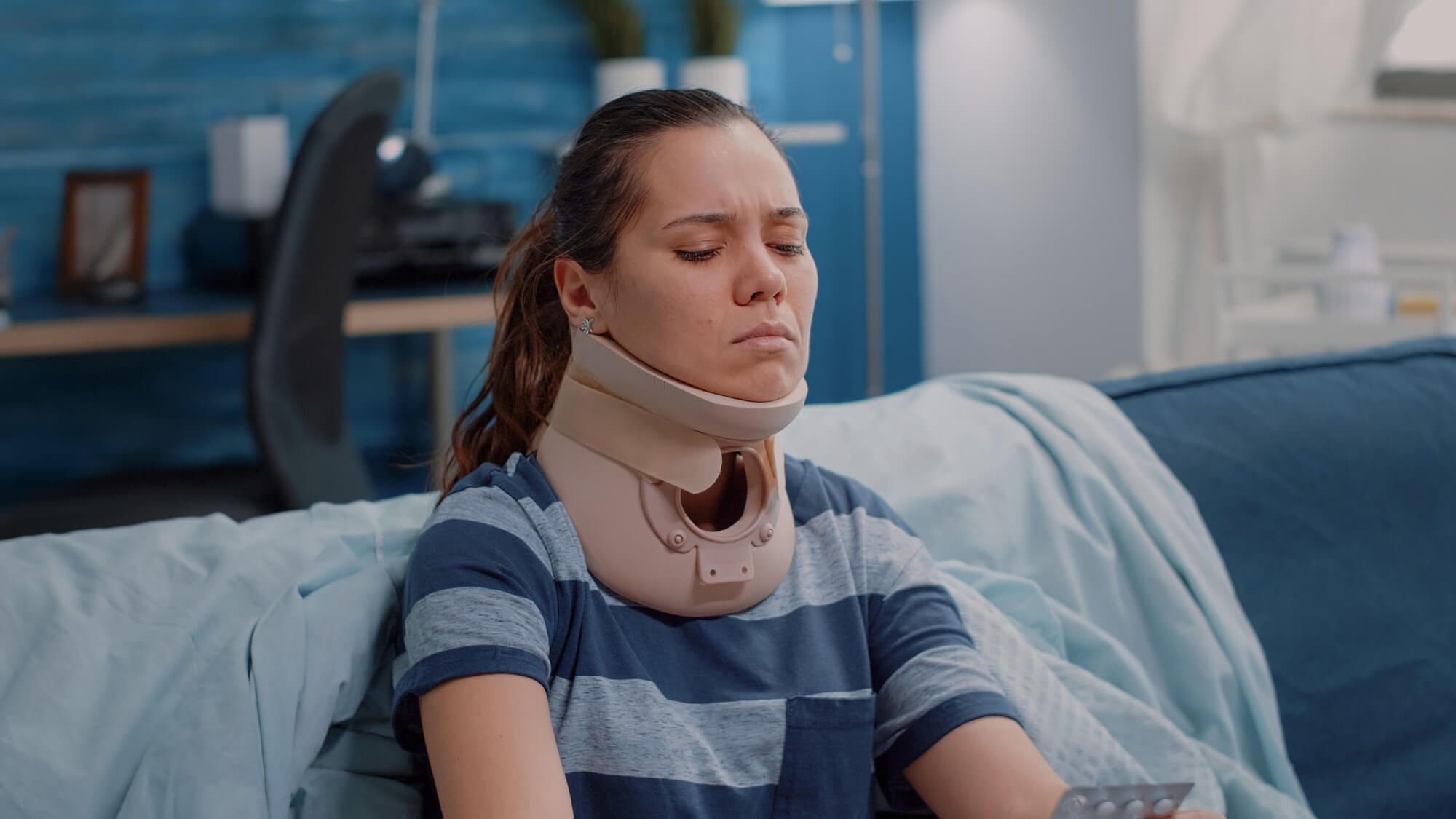
Understanding Personal Injury Law in Canada: Your Rights and Next Steps
Personal injury law in Canada is designed to protect individuals who have been harmed physically or psychologically due to someone else’s negligence. Whether you’ve been involved in a car accident, experienced a slip and fall, or suffered harm due to medical malpractice, personal injury law provides avenues for seeking compensation. In this blog, we’ll break down what personal injury law covers, your rights as a Canadian citizen, and what to do if you think you have a case.
What is Personal Injury Law?
Personal injury law involves legal disputes that arise when someone suffers harm due to an accident or injury, and someone else might be legally responsible for that harm. Common personal injury cases in Canada include:
- Motor vehicle accidents: A significant portion of personal injury claims involve vehicle collisions.
- Slip and falls: When someone is injured on someone else’s property due to unsafe conditions.
- Medical malpractice: When a healthcare professional’s negligence results in harm to a patient.
- Workplace injuries: While covered by workers’ compensation, certain cases may still involve personal injury claims.
- Defamation: Personal injury can also include damage to one’s reputation.
Your Rights Under Canadian Law
In Canada, if you’ve been injured due to someone else’s negligence, you have the right to seek compensation. Compensation aims to restore you to the position you were in before the injury, as much as possible. This typically includes:
- Medical expenses: Costs for surgeries, rehabilitation, medication, and ongoing treatment.
- Loss of income: Compensation for lost wages if your injury prevents you from working.
- Pain and suffering: This covers both physical and emotional distress caused by the injury.
- Property damage: Reimbursement for damaged property, such as a car in an accident.
- Future care: If your injury requires ongoing care or long-term support, you may be entitled to compensation for future expenses.
Steps to Take if You Have a Personal Injury Case
If you believe you’ve sustained an injury due to someone else’s actions or negligence, it’s important to act quickly and thoughtfully. Here’s a basic guide on what to do:
- Seek Medical Attention: Your health should be your first priority. Visit a doctor immediately after the injury, even if it seems minor, and ensure you have a record of the diagnosis and treatment.
- Document Everything: Collect as much evidence as possible. This includes taking photographs of the accident scene, your injuries, and any property damage. Keep records of medical bills, lost wages, and other expenses related to the injury.
- Report the Incident: Depending on the nature of your injury, you may need to report the incident to certain authorities. For example, car accidents should be reported to the police, and workplace injuries to your employer.
- Consult a Personal Injury Lawyer: Personal injury cases can be complex, and each case is unique. Consulting with an experienced personal injury lawyer ensures that you fully understand your rights and options. Most personal injury lawyers offer free consultations and work on a contingency fee basis, meaning they only get paid if you win your case.
- File a Claim: Your lawyer will help you determine if you have a valid claim and how to proceed. In Canada, personal injury claims are typically filed in civil court. However, the exact process may vary depending on the province.
- Act Within Time Limits: In Canada, there are strict time limits for filing a personal injury claim, known as the statute of limitations. In most provinces, the limitation period is two years from the date of the injury, though this can vary depending on the specifics of the case.
Why Hire a Lawyer?
While it’s possible to handle a personal injury claim on your own, personal injury law can be complex, especially when dealing with insurance companies and calculating the full extent of damages. A personal injury lawyer can:
- Assess the value of your claim: They will help ensure you are compensated fairly for both immediate and future losses.
- Negotiate with insurance companies: Insurers often try to settle for the least amount possible. A lawyer can ensure you receive a fair settlement.
- Represent you in court: If a fair settlement can’t be reached, a lawyer will take your case to court and represent you throughout the legal process.
Conclusion
Personal injury law in Canada is there to protect you when someone else’s negligence causes you harm. Whether you’re dealing with medical bills, lost wages, or pain and suffering, you have the right to seek compensation. Understanding your rights and acting quickly can make all the difference in receiving the compensation you deserve. If you’re unsure about your case, consulting with a personal injury lawyer is an essential first step.
If you believe you have a personal injury case, gather your evidence, seek medical care, and contact a lawyer to explore your options. Remember, your health and well-being come first, and legal recourse is available to ensure justice is served.

